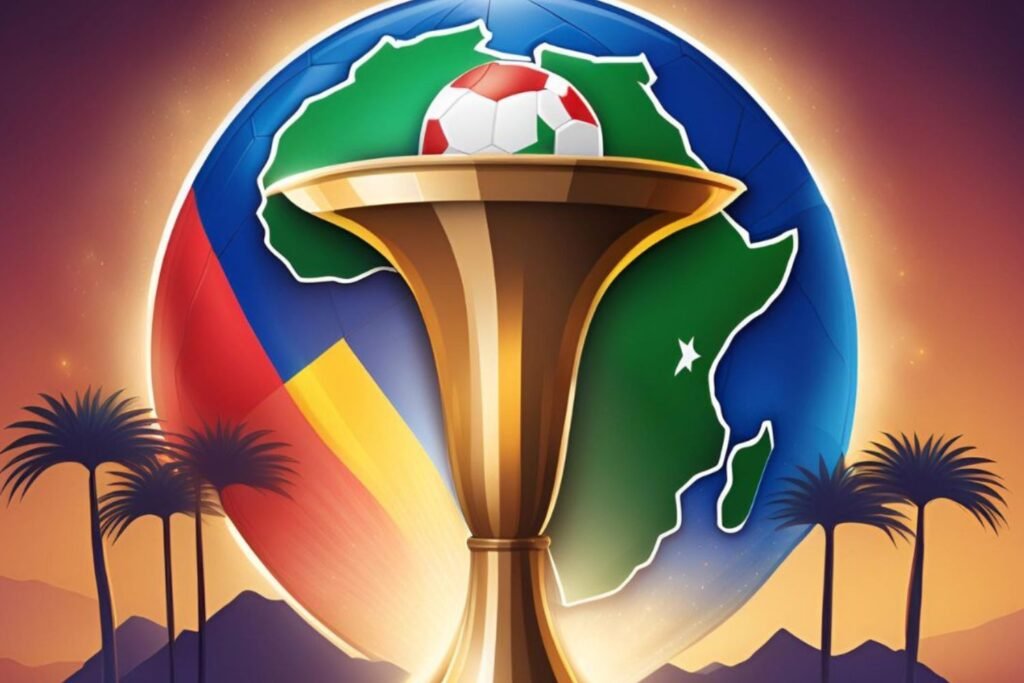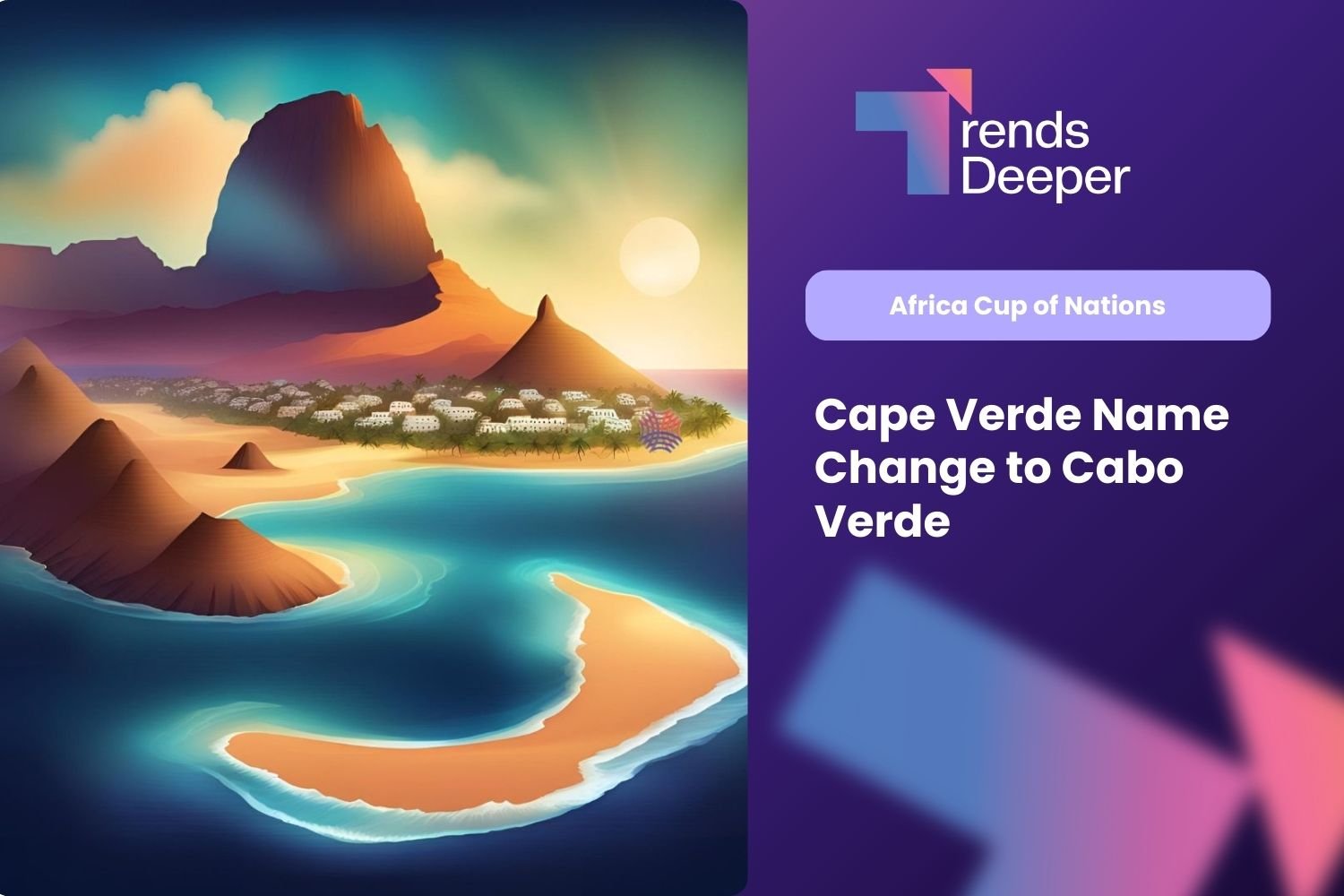In 2013, the West African island nation known as Cape Verde officially reverted to its original name, Cabo Verde.
However, it was the country’s unexpected rise in the Africa Cup of Nations (AFCON) that truly brought global attention to this transformation.
Cabo Verde had been gradually working to assert its identity in the international arena, but the spotlight intensified when their national football team achieved a historic breakthrough in AFCON, reaching the tournament’s quarterfinals.
For a small island nation, making it to the last eight of Africa’s premier football competition was no small feat.
As the team advanced through the tournament, more eyes turned toward Cabo Verde, and the discussion of the country’s name change found renewed prominence on a global stage.

This move, while seemingly small, carries significant cultural and historical weight for the country.
The decision reflects a growing desire to reclaim the nation’s heritage and assert its identity on the global stage. Cabo Verde, meaning “Green Cape” in Portuguese, was the name first given to the archipelago by Portuguese explorers in the 15th century when they discovered its lush landscape.
Over time, as the English language became more dominant internationally, the name Cape Verde emerged, anglicizing the original name.
For many Cabo Verdeans, this shift felt like a detachment from their roots. The push to restore the original name had been simmering for years, largely motivated by a post-colonial sentiment of reasserting national pride.
One government official remarked, “This change is about reclaiming our identity, about saying this is who we are, in our own words.”

Although the name Cabo Verde had remained in use within the country, international bodies like the United Nations and other organizations had long referred to it as Cape Verde.
The change was a move to standardize the name across all platforms, ensuring global consistency while honoring the country’s Portuguese-speaking roots.
The government viewed the restoration as a necessary step in ensuring that Cabo Verde is properly recognized in the international community, not just for its geography but for its cultural significance as well.
The transition took some time to implement globally, and Cabo Verdeans had to adapt too. For many, Cape Verde had been a name passed down through generations, familiar and comfortable.
Yet for others, the return to Cabo Verde was seen as a restoration of pride. One local from Mindelo shared, “It’s not just a name; it’s our identity. We should be called by our real name.”
Internationally, maps, documents, and diplomatic protocols were gradually updated to reflect Cabo Verde’s official designation.
The United Nations, which had been among the first to recognize the change, played a key role in helping the global community adopt the name.
This change represents more than just a linguistic adjustment; it marks a cultural reclamation for Cabo Verdeans.
The return to Cabo Verde underscores the country’s journey from colonial rule to an independent nation, determined to shape its own identity on its terms.
For many, it serves as a reminder of their rich history and the importance of remaining true to their roots in an ever-changing world.
In their AFCON appearances, Cabo Verde has captured the attention of football fans worldwide, adding a layer of national pride to their performances.
One local fan remarked, “It’s more than football. Playing under the name Cabo Verde shows that we are embracing who we are, both on and off the field.” The team’s participation in AFCON aligns with the nation’s broader efforts to assert its heritage and culture in international arenas.


